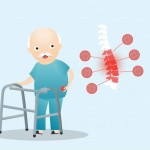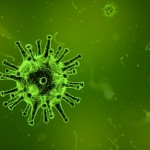
Y chromosome infertility
Y chromosome infertility is a condition that affects the production of sperm, making it difficult or impossible for affected men to father children. An affected man’s body may produce no sperm cells (azoospermia), a smaller than usual number of sperm cells (oligospermia), or sperm cells that are abnormally shaped or that do not move properly. This condition accounts for between 5 percent and 10 percent of cases of azoospermia or severe oligospermia. As its name suggests, this form of infertility is caused by changes in the Y chromosome, one of the sex chromosomes. Y chromosome infertility is usually caused by deletions of genetic material in regions of the Y chromosome called azoospermia factor (AZF) A, B, or C. Genes in these regions are believed to provide instructions for making proteins involved in sperm cell development, although the specific functions of these proteins are not well understood.
In rare cases, changes to a single gene called USP9Y, which is located in the AZFA region of the Y chromosome, can cause Y chromosome infertility. Some men with Y chromosome infertility who have mild to moderate oligospermia may eventually father a child naturally. Assisted reproductive technologies may help other affected men. Because Y chromosome infertility impedes the ability to father children, this condition is usually caused by new deletions on the Y chromosome and occurs in men with no history of the disorder in their family. When men with Y chromosome infertility do father children, either naturally or with the aid of assisted reproductive technologies, they pass on the genetic changes on the Y chromosome to all their sons. As a result, the sons will also have Y chromosome infertility
Reference :https://rarediseases.info.nih.gov/gard/185/y-chromosome-infertility/resources/1






